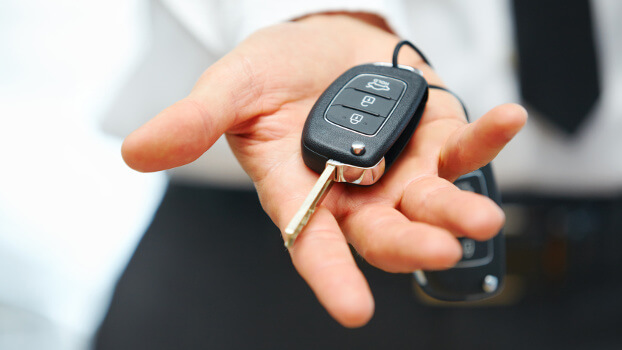
Buying a car for your new or growing business and committing to finance can be a daunting decision.
It impacts a number of areas, including your cashflow.
Thinking about what to include in the finance contract could save you hundreds, even thousands of dollars over the life of the contract. Alternatively, it may enable you to get a better vehicle for the same monthly commitment.
Before I break down and explain the various options you have, here are some important points to note:
- Tax deductions for Business cars are subject to a private use adjustments or Fringe Benefit Tax (FBT) rules, depending on your business structure.
- There is a limit on the maximum GST that can be claimed back in the business BAS on a vehicle.
- Keeping a logbook for 12 weeks is generally the best way to maximise tax deductions for/reduce FBT on business cars.
- If the business is trading in a vehicle it owns, GST is applicable to the funds received for the trade in.
- Examples below do not apply to vehicles purchased before 1 July 2012
Cash flow
Cashflow depends on the finance contract you use:
- HIRE PURCHASE FINANCE: Claim 100% of GST credit upfront on total cost of the vehicle AND on interest charges for the life of the contract. Subsequent monthly payments are recorded as “BAS Excluded” in your accounting system
- CHATTEL MORTGAGE FINANCE: Claim 100% of GST credit on vehicle. Subsequent monthly payments are “BAS Excluded”
- LEASE FINANCE: Claim GST on each monthly payment as you go and record monthly payments are “GST on Expenses” in your accounting system
For options 1 & 2 above, there will be a significant GST credit claimed in the BAS for the period in which the vehicle was purchased. This will either be offset against other BAS obligations or come back to the business as a refund.
In any case, it will boost cashflow in this period!
An operating lease will smooth out the GST refund and it will come back to you each month over the term of the lease.
Here are additional 5 tips that could make a real difference for you and your business.
- Typically, the car financiers will add the CTP and registration to the finance contract. You can ask for these to be removed. The business use portion, is fully tax deductible each year so you may not wish to finance this portion and pay interest on it for the next 3-5 years. Most insurers and Roads Authorities offer 6 months payment options.
- As discussed, If you use a hire purchase agreement or a chattel mortgage, you will get the GST Credit so your next BAS bill will be substantially less. Since the GST is being refunded, you may not wish to finance this portion and pay interest on it over 3-5 years.
Instead, use this money to effectively pay the GST upfront and reduce the ongoing monthly repayments. It can make a substantial difference to the monthly repayments so you may be able to look at adding options or even upgrading. - Car dealerships are not the only place you can buy a new car of any model. Once you know the make, model and features of the vehicle, crosscheck with a fleet buyer before signing a contract.
This could save you thousands or put you in a better position to negotiate on price with the dealer. Contact us if you would like an introduction to a reputable fleet dealer. - Cross check your finance with at least one other company.
- Don’t sign anything! No matter how tempted you are on the day of the test drive, do not commit until you have fully explored all your options and have all your ducks in a row.
By taking a little time to consider the implication of buying a vehicle and not just going along with what the car dealer or financier has to offer, you can save a substantial amount or get more bang for your buck. It’s worth the effort.

